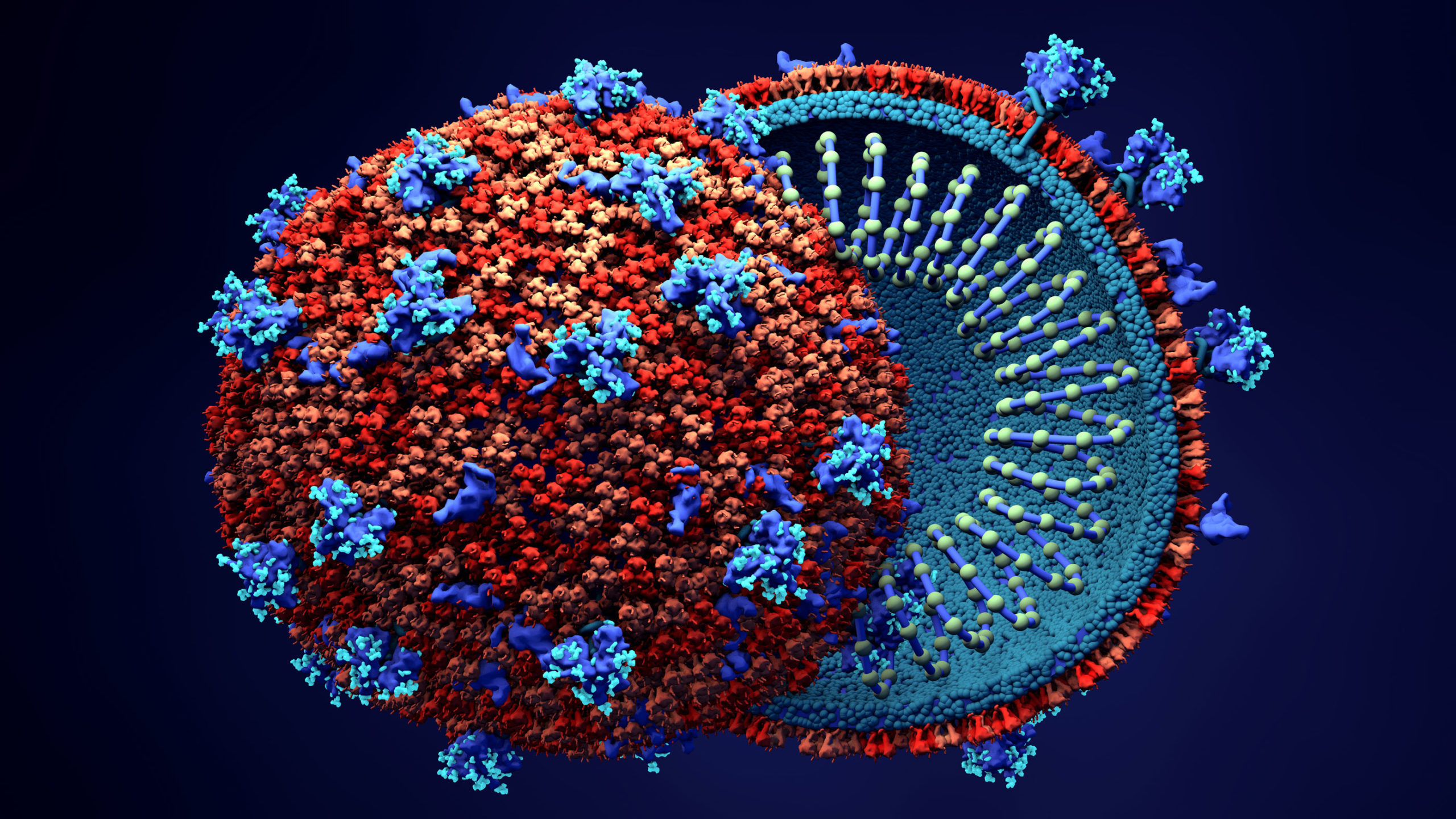
Coronavirus disease (COVID-19) is an infectious disease that has ravished the entire world infecting some 2.5 million people and killing over 170,000 persons at the time of writing this article. More than a third of the entire world is on either a full or a partial lockdown with most economies grinding to a halt. As health systems are stretched thin in these times, so are the food systems in most places of the planet as people scramble to stock up on essential food items.
Ghana, according to the 2017 Global food security index, is among the most food-secure countries in sub-Saharan Africa topped only by South Africa and Botswana. Agriculture plays a critical role in the Ghanaian economy with an 18.27 percent contribution to the gross domestic product in 2018.
As the country faces a potential Covid-19 induced global recession, acute shocks in the global food system should be expected. Disruptions in the food supply chain resulting from restrictions in movements may impede farmers from farming and retailers, who handle the vast majority of agricultural products, from processing and delivering to consumers.
Ghana is a net importer of rice spending over half a billion dollars annually in importation. Export restrictions of key exporters in rice-producing countries will likely contribute to the acute shocks in the local food system. For example, there are indications that Kazakhstan and Vietnam have suspended exports of wheat flour and rice respectively because of Covid -19. Ghana and other countries in the sub-Saharan Africa region being net importers of rice will be vulnerable to these external shocks.
These challenges may cause food prices to rise sharply and put many low-income households at risk of hunger and malnutrition because of food insecurity. It was evident in the Ebola outbreak of 2014 that consequential increases in prices of staple foods affected West African countries. Market manipulation and panic behaviour of consumers also contributes immensely to the increase in food prices. Many food products such as staple foods, fruits, and vegetables have already seen up to a 100 percent increment in prices on the Ghanaian food market. This increase coupled with the upward tick of unemployment may cause many homes to become food insecure.
The decline in urban supply and demand for fresh produce due to restrictions will also likely lead to post-harvest losses since many farmers lack the knowledge, skill, resources, and infrastructure to preserve their produce on the farm. This possible cause of food waste can lead to great financial distress to farmers and without targeted social safety nets, many may sell off their assets plunging the country into an inevitable food crisis.
The diversion of dire resources needed to procure fertilizers and other essential agricultural inputs to combat Covid-19 may result in a delay in the planting and harvesting of food commodities resulting in acute shortage. The delay may also result from the unavailability of the adequate labour force due to aversion attitudes of workers toward Covid-19 infected farming communities. The stigmatization of infected individuals in farming communities if not properly managed can lead to substantial post-harvest losses.
Food price surge, export bans and loss of revenue due to economic contraction can all have grave consequences on food security. The world food program has thus made the following recommendations to mitigate the risks of the pandemic on food security and nutrition.
- Keep international trade open and take measures that protect the food supply chain (from obtaining inputs such as seeds to assuring smallholder farmers have access to markets to sell their produce).
- Focus on the needs of the most vulnerable, and scale up social protection programs including cash transfers.
- Keep domestic food supply value chains alive and functioning.
- Take all necessary precautions, seeds and planting materials must continue to flow to smallholders; animal feed to livestock breeders; and aquaculture inputs to fish farmers. Agricultural supply chains should be kept alive by any means compatible with health safety concerns.
- Maintain agricultural activities.
At the beginning of the pandemic, little prominence was placed on food security, given the presupposition that food markets would be adequately supplied. Nevertheless, the protectionist measures taken by some key food-producing countries have left low-income countries like Ghana vulnerable to both external and internal shocks in its food supply chain. As in all crisis management, cooperation between all government sectors is key. Policymakers must hence develop, implement, and evaluate efficient measures aimed at protecting its vulnerable citizens from hunger and malnutrition secondary to the impact of the Covid-19 pandemic on the economy.
By: Dora Duah- Bisiw|Assistant Research Scientist|Radiation Technology Center|Biotechnology and Nuclear Agriculture Research Institute|Ghana Atomic Energy Commission|Email: [email protected]
The post Dora Duah writes: The Potential impact of Covid-19 pandemic on food security in Ghana appeared first on Citinewsroom - Comprehensive News in Ghana, Current Affairs, Business News , Headlines, Ghana Sports, Entertainment, Politics, Articles, Opinions, Viral Content.
Read Full Story























Facebook
Twitter
Pinterest
Instagram
Google+
YouTube
LinkedIn
RSS